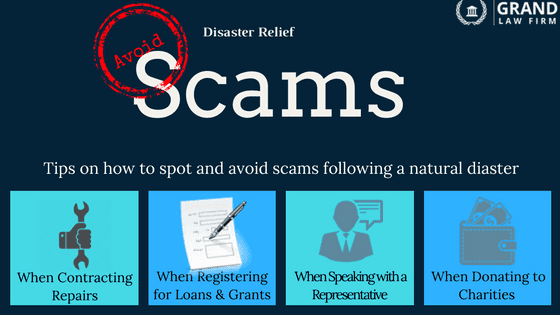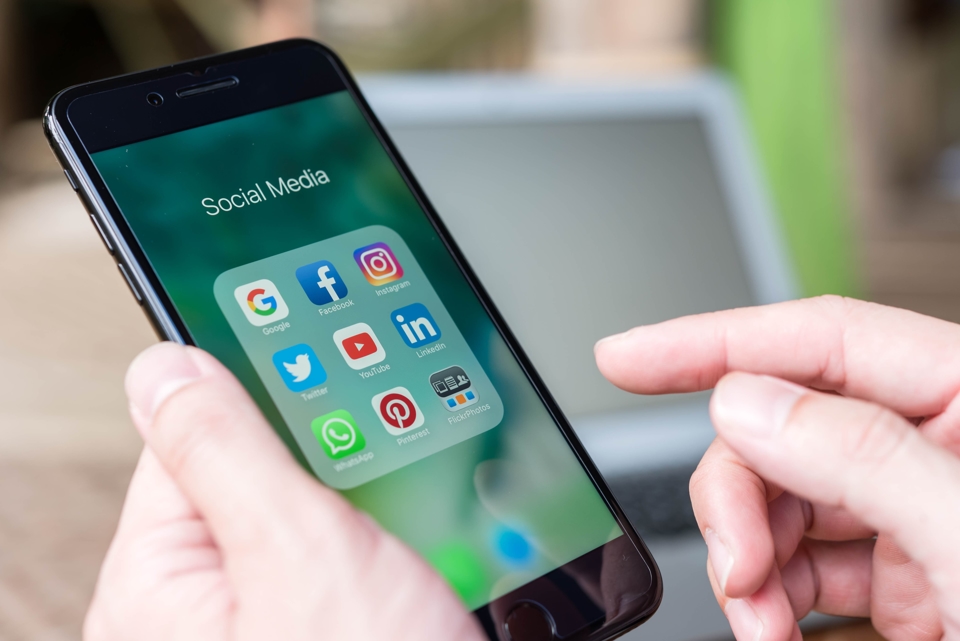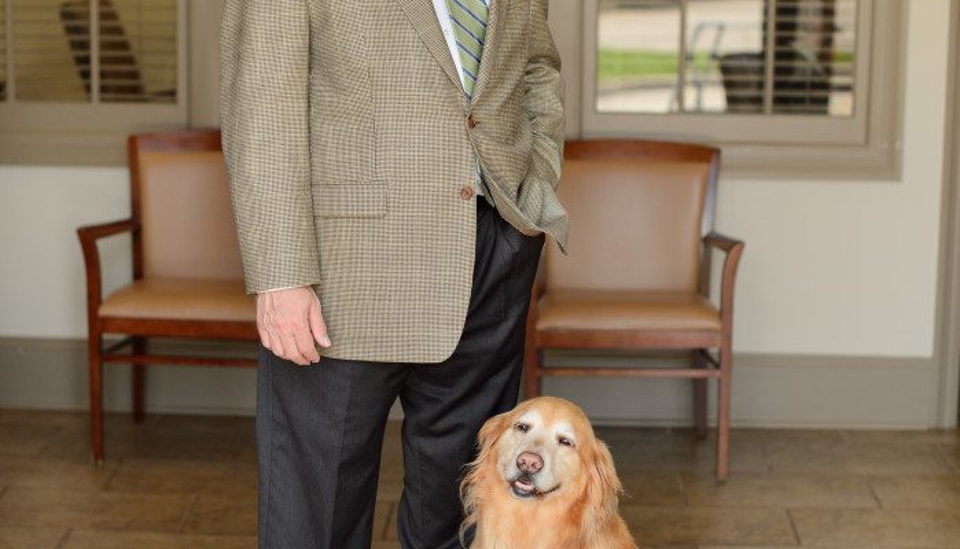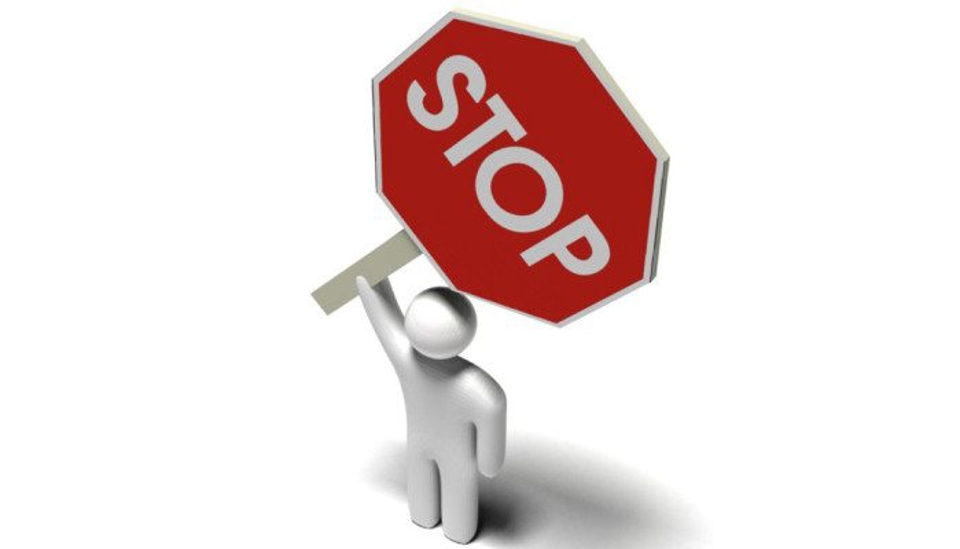It is sad, but true, that many people use disasters as cover for contractor/disaster relief and charitable giving scams. Though not all of these individuals or companies mean you harm there are also those who are well-meaning but not registered or licensed for the repair work you need, which can end up costing you more in the end. As you work to recover and to repair your home following the recent flooding we recommend the following:
When contracting repair work:
- Always take photos and document damage before making any repairs. Even if you don’t have flood insurance these may be useful in other property damage and recovery claims.
-
When you are ready to make repairs, use only licensed contractors to do
work on your home or property.
- The Louisiana Board of Contractors can be reached but phone at 225-765-2301 or online at http://www.lslbc.louisiana.gov/ and will be happy to assist you in either confirming your contractors’ license or in providing you a list of contractors in your area.
-
We suggest you always get multiple estimates when looking for a contractor
and to always get those estimates in writing.
- Get at least 3 estimates for comparison and review materials needed, work hours required, work to complete, work completion dates, etc. thoroughly.
- Once you choose a licensed contractor, always have him or her present you with a written contract that outlines the details of the project in full: timelines, pricing, anything they covered in their estimate.
- Don’t pay the full bid price up-front; instead, pay the contractor in draws as he or she completes the work.
- Resist ‘one day deals’. Those who have suffered great losses, like those that many in Louisiana are suffering now, should never feel forced to make a hasty decision. Always do your research; and remember that those who want to help you will not pressure you with time constraints.
-
Be especially careful of door-to-door contractors.
- Ask for identification. Check their vehicle for a business name, phone number and Louisiana license plate.
When registering for grants, loans, or other funding:
- Use trusted websites such as those that end with .gov or can otherwise be clearly connected to a federal, state, or other well-known and trusted entity.
-
Read everything
-
It may seem like a task to read all the fine print but it is critical that
you fully understand if the funding is a grant or a loan.
- If the funding is a loan, ensure that you are provided with all of the applicable repayment and interest information before accepting the funds.
-
It may seem like a task to read all the fine print but it is critical that
you fully understand if the funding is a grant or a loan.
When speaking with a representative (or someone who claims to be one):
-
FEMA:
-
According to the FEMA website, a representative
will do all of the following
- Contact you to schedule an appointment to review your property damage
- Do not believe a generic “I was inspecting a house up the street…” line. The inspectors’ schedules are tight and they work hard to comply by them.
- Wear official FEMA ID badge
-
Give you your disaster registration number for confirmation.
- They will not ask for the number, they will already have it so make sure you have it handy as well.
-
A FEMA representative
will not do any of the following
- Cost any money or ask you for funds
- Ask for credit or banking information
- Hire or endorse specific contractors or companies
-
According to the FEMA website, a representative
will do all of the following
When giving to charities, organizations or foundations:
-
Be cautious about giving online
-
Rather than replying to emails seeking contributions, go directly to the
charity’s official website
- GoFundMe pages are highly discouraged
- Be careful when relying on third-party recommendations, such as bloggers or non-official social media
-
Be wary of claims that 100% of donations will go directly to assist victims.
- Even charities have fundraising and administration costs. Even a credit card donation will involve, at minimum, a processing fee.
-
Find out if the charity is providing direct aid or raising money for other groups.
-
If an organization is raising money for a larger group or charity they
may genuinely be contributing to that organization but if you don’t
have personal knowledge or history with that smaller group, you may want
to give directly to the more established charities that has a presence
in the area.
- In addition to your peace of mind, removing the middleman will reduce processing charges and ensure more of your contribution is distributed to assist those suffering from flood damage.
- Do not give cash, but pay by check or credit card. Do not make a check payable to an individual – always make out your check to the charity.
- Designate the disaster to ensure your funds are going to the flood relief rather than a general fund.
- When texting to donate: confirm that number with an official source
-
If an organization is raising money for a larger group or charity they
may genuinely be contributing to that organization but if you don’t
have personal knowledge or history with that smaller group, you may want
to give directly to the more established charities that has a presence
in the area.
-
Rather than replying to emails seeking contributions, go directly to the
charity’s official website







